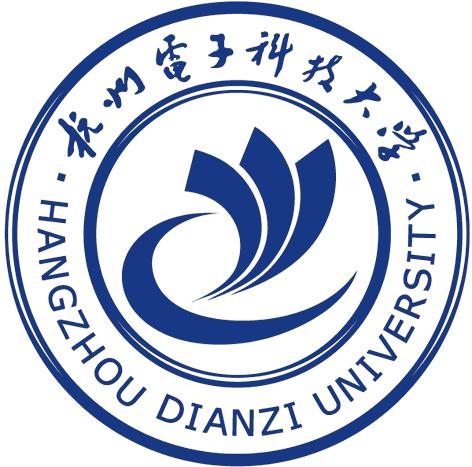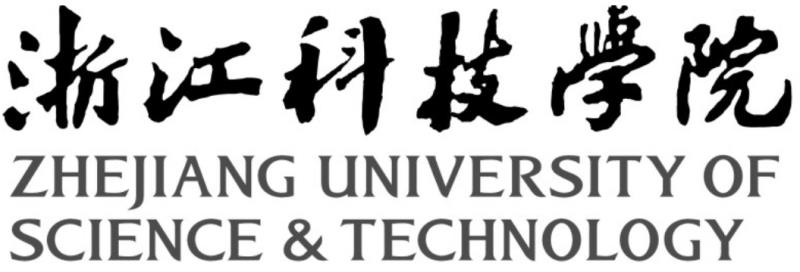a

Workshop on HPC Supported Data Analytics for Edge Computing (HiDEC)
In conjunction with IEEE HASE 2019
January 3-5, 2019 - China
| Important Dates:
Submission Deadline: Acceptance Notification: Camera-ready due: Conference Programme Availability: Early Bird Registration: Conference Date: General Chairs:
Program Chairs:
|
Edge computing is a new paradigm, which is near to the data, fusing network, computing, storage, and application, to provide more real-time and intelligent services. High-performance computing (HPC) is a paradigm which uses the parallel processing for running advanced application programs efficiently, reliably and quickly. These two computing paradigms are complementary, the edge computing can be more powerful and HPC can be more real-time after combination.
Therefore, the 2019 International workshop on HPC supported Data Analytics for Edge Computing (HiDEC) seeks to present exciting, innovative researches related to the design, implementation, analysis, evaluation, and deployment of the system with more powerful, real-time, and intelligent. HiDEC is a forum for top researchers, engineers, students, entrepreneurs, and government officials come together under one roof to discuss the opportunities and challenges that arise from rethinking HPC architectures and embracing edge computing. Example topics of interest are given below, but are not limited to:
|
Submission Instructions: Please submit full papers in PDF or doc format via the submission system. Do not email submissions. Submissions must be formatted according to the IEEE formatting guidelines and submitted through EasyChair.Papers must be written in English. The complete submission must be no longer than ten (10) pages. It should be typeset in two-column format in 10 point type on 12 point (single-spaced) leading. References should not be set in a smaller font. Submissions that violate any of these restrictions may not be reviewed. The limits will be interpreted fairly strictly, and no extensions will be given for reformatting. Each accepted paper must be presented in person by the author or one of the authors. All accepted papers will be published in the electronic proceedings by the IEEE Computer Society, indexed through INSPEC and EI Index, and automatically included in the IEEE digital library.
Program Committee Members
|
|
© IEEE 2018 | IEEE PRIVACY POLICY




